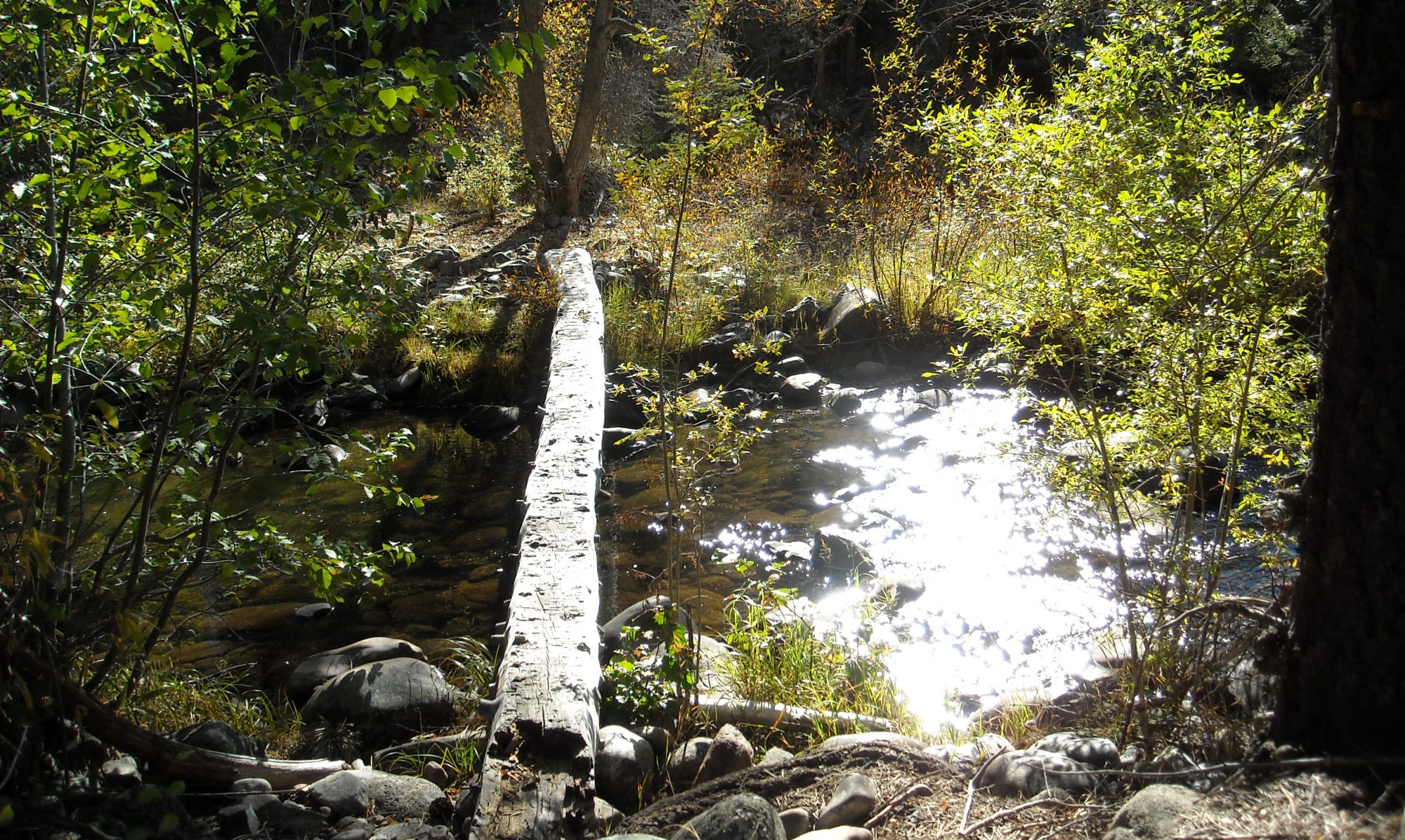![]() I finished the draft of my work in progress today…the word “finish” used advisedly (there are various bits that need fixing, now that I’ve gotten to the end and know how things work out). Still, even knowing that there’s significant work to be done before I can hand it to my first-line readers, typing “End” feels so, so good.
I finished the draft of my work in progress today…the word “finish” used advisedly (there are various bits that need fixing, now that I’ve gotten to the end and know how things work out). Still, even knowing that there’s significant work to be done before I can hand it to my first-line readers, typing “End” feels so, so good.
This particular project has taken a LONG time in the drafting stage. This is in part because I have been working on it during breaks between other things (two major revisions of another work of fiction, the start-to-finish writing and subsequent revision of a non-fiction book) – it has never once in its lifetime been my only project. It’s also taken a while because, well, sometimes life goes that way.
But I think the biggest reason it has taken me so long to get to the page where I type “END” is my so-called process. I am what Brandon Sanderson has (very generously) called a “Discovery writer.” Some people use the term “pantser” but “by the seat of one’s pants” doesn’t really describe what writing is like for me – it makes it sound kind of like riding bareback on a half-broke horse that’s running off into the sunset.
There are days when writing is like that for me, I suppose, but usually it’s more like spelunking. I start with an idea of where I want to go, and there is definitely a world that confines me. Sometimes I take wrong turns; sometimes I get stuck in narrow passages; sometimes I run out of light and can’t see where I’m going.
Sometimes I stumble into a cavern and look up, and see something like this:

(Looking up and suddenly finding cave art is how many of the famous works of Paleolithic art were identified, BTW. I’m not going to get into my cave-art-discovery-stories geekery right now…maybe another post sometime. This particular image is from Chauvet Cave, which has a particularly cool discovery story. )
To get back to this particular draft, I spent a lot of time at the beginning trying to follow other people’s writing advice, thinking that maybe outlines or story cycles or something would speed me up. But it didn’t. I’m not sorry I tried all those techniques – it’s always interesting to try something new – but in the end, I wound up writing as I always do, groping through the dark with a small lantern, trusting that if I keep on going, I will find the story.

One Reply to “Finishing a draft; or, why writing is like spelunking”